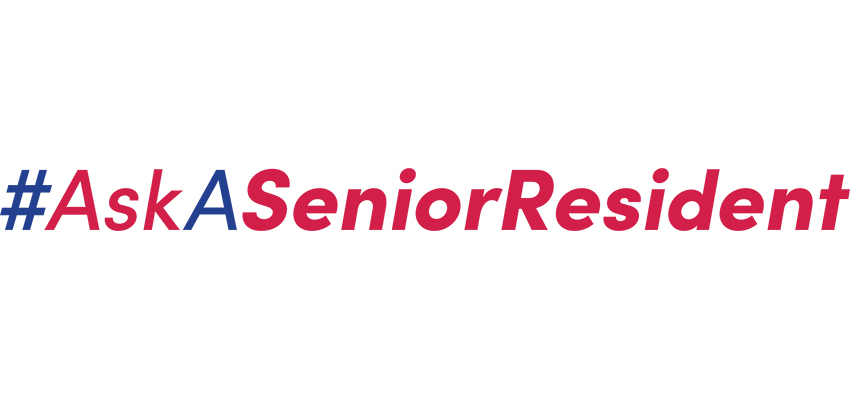Ask a senior resident: Transitioning to PGY2
Posted on March 24, 2021 by Office of Graduate Medical Education

Current PGY1 and PGY2 residents submitted these questions, which were answered by chief residents from different specialties who wished to remain anonymous. Email your “Ask a senior resident” questions to GME@health.southalabama.edu.
Q. What was the biggest challenge you experienced transitioning from an intern to an upper-level resident?
A: For me, there was a steep learning curve when I transitioned from PGY1 to PGY2 and needed to acclimate to neurology in a short time period. Two senior residents went the extra mile to guide me through the training process and taught me so much. I wouldn't be where I am today without them. I hope to be there for other residents as they were for me.
A: My challenge was managing a much larger patient load while maintaining good communication and providing compassionate care to each patient.
A: The big challenge I faced in transitioning to an upper-level resident was balancing my own increased clinical responsibilities and teaching junior residents. It is easy to become consumed with maintaining your own learning and the challenges regarding decision-making as an upper-level resident. It is important to remember, however, that your junior residents are relying on you, and teaching them is a vital part of their education. Being available to answer their questions, pointing out key learning points or just being a source of motivation and encouragement goes a long way.
A: One challenge is learning how to delegate tasks while still maintaining an overall understanding of what is going on with each patient on the team. It is easy to get caught up in the details and try to micromanage, but at the same time it is important for you to teach your interns how to navigate those details of patient care as well.
Q. How do you balance supervising interns, and teaching the interns and medical students while maintaining appropriate patient care?
A: I take moments of downtime as opportunities to teach. We see so much interesting pathology here at USA Health. I enjoy sharing and explaining complex cases with the students and my co-residents. If there isn't downtime, then the students can join in to learn by observation. I am glad to train in a program with high-caliber students and co-residents.
A: You must learn to delegate the work in order to have any time in your day to teach. The interns and medical students have so much to learn from you, so try to teach even small bits of information throughout the day.
